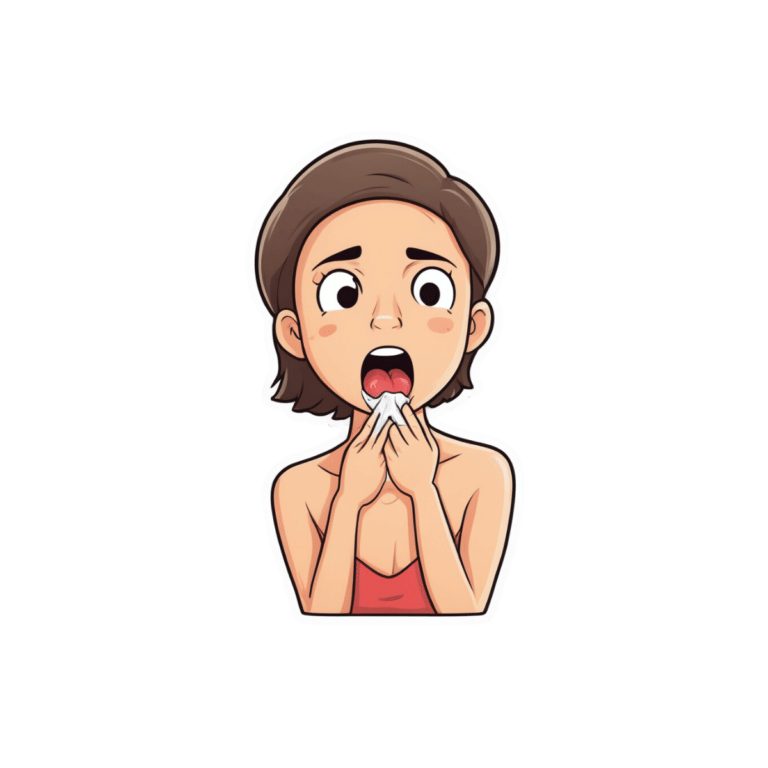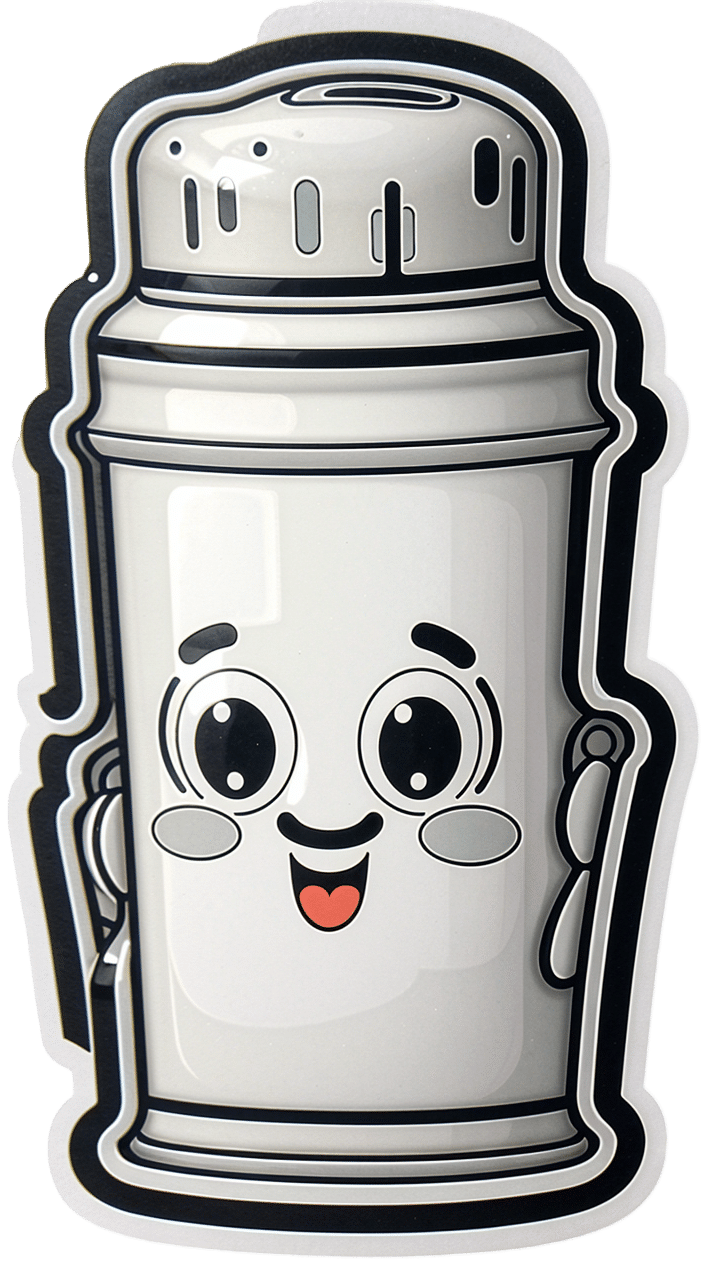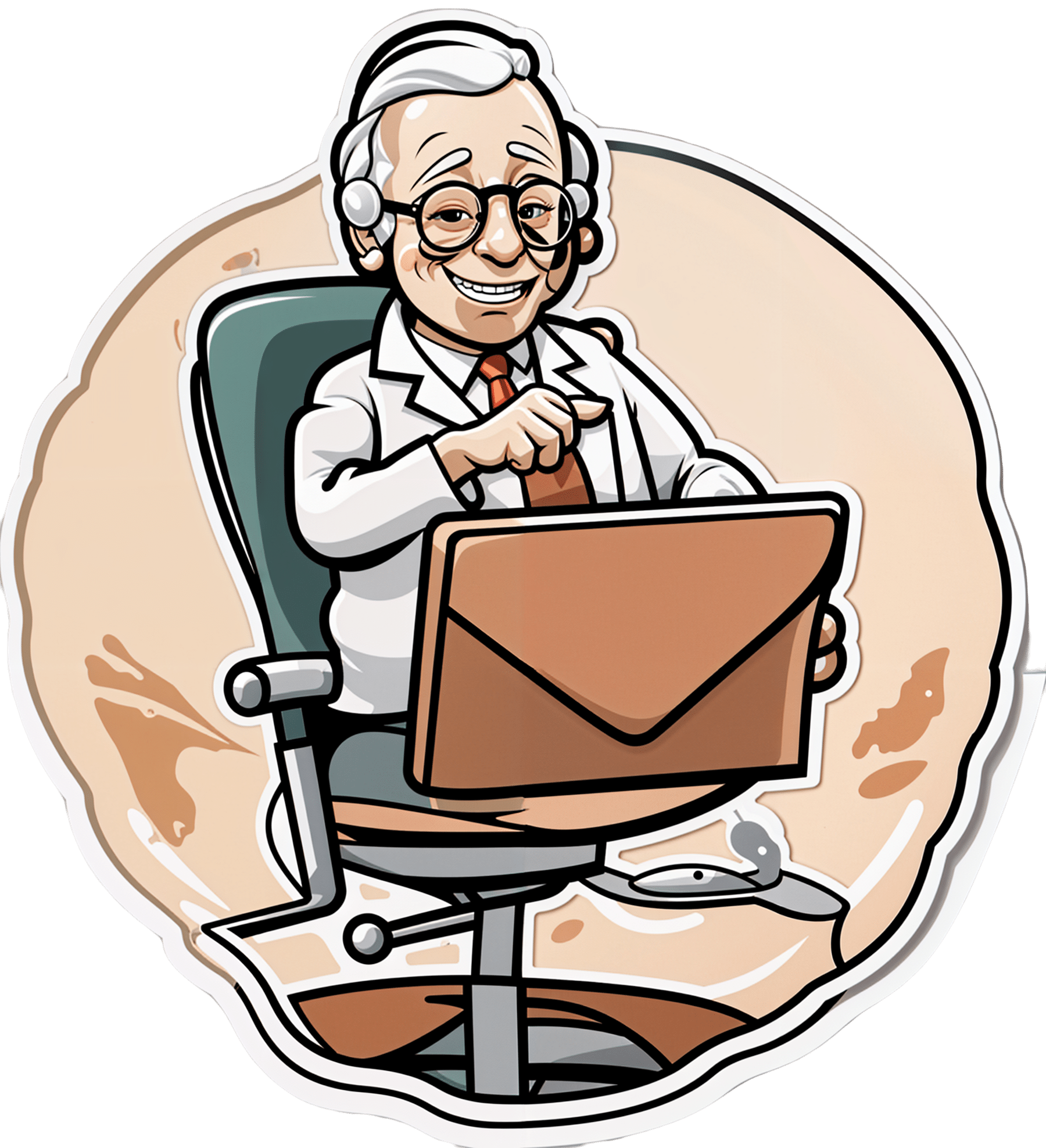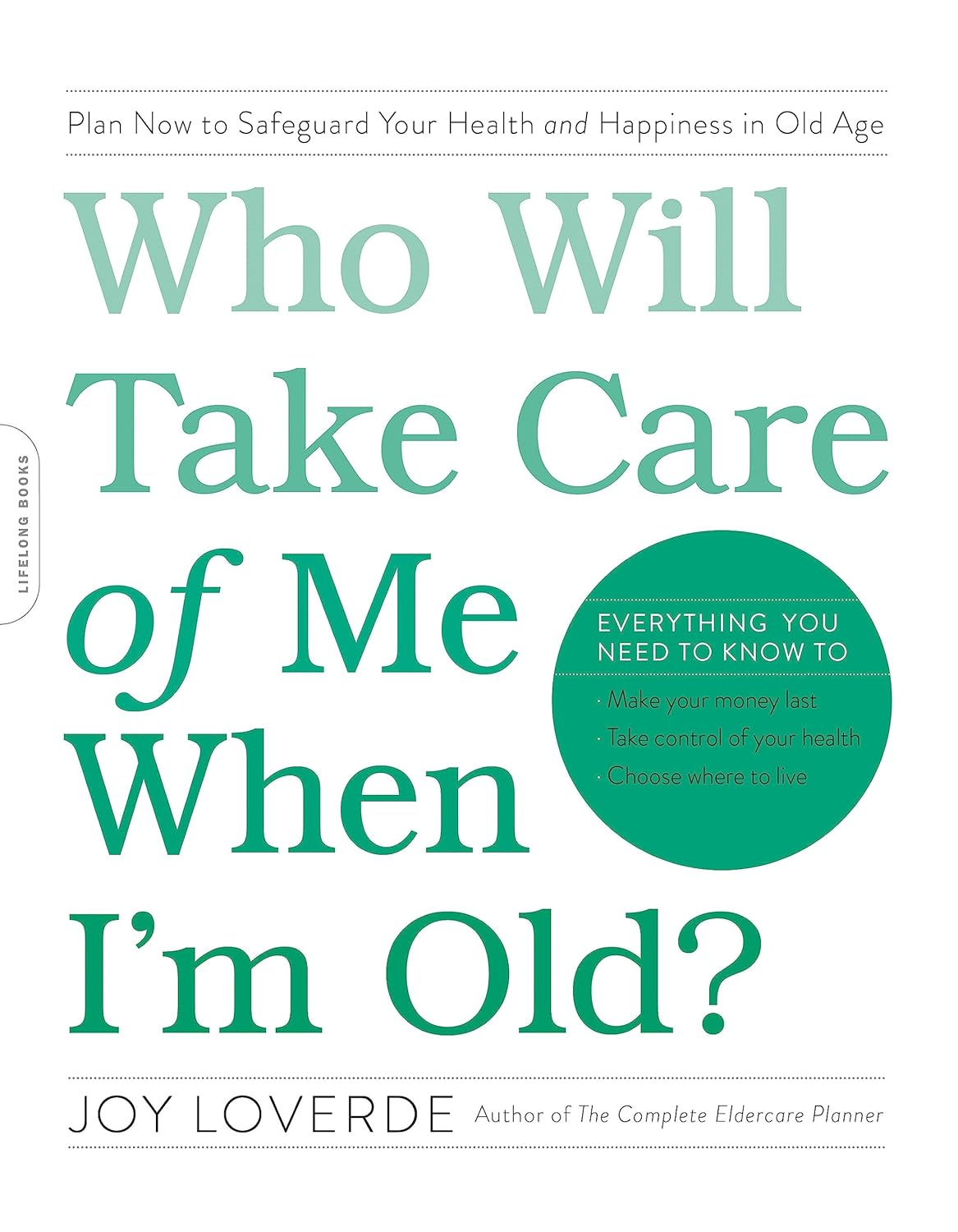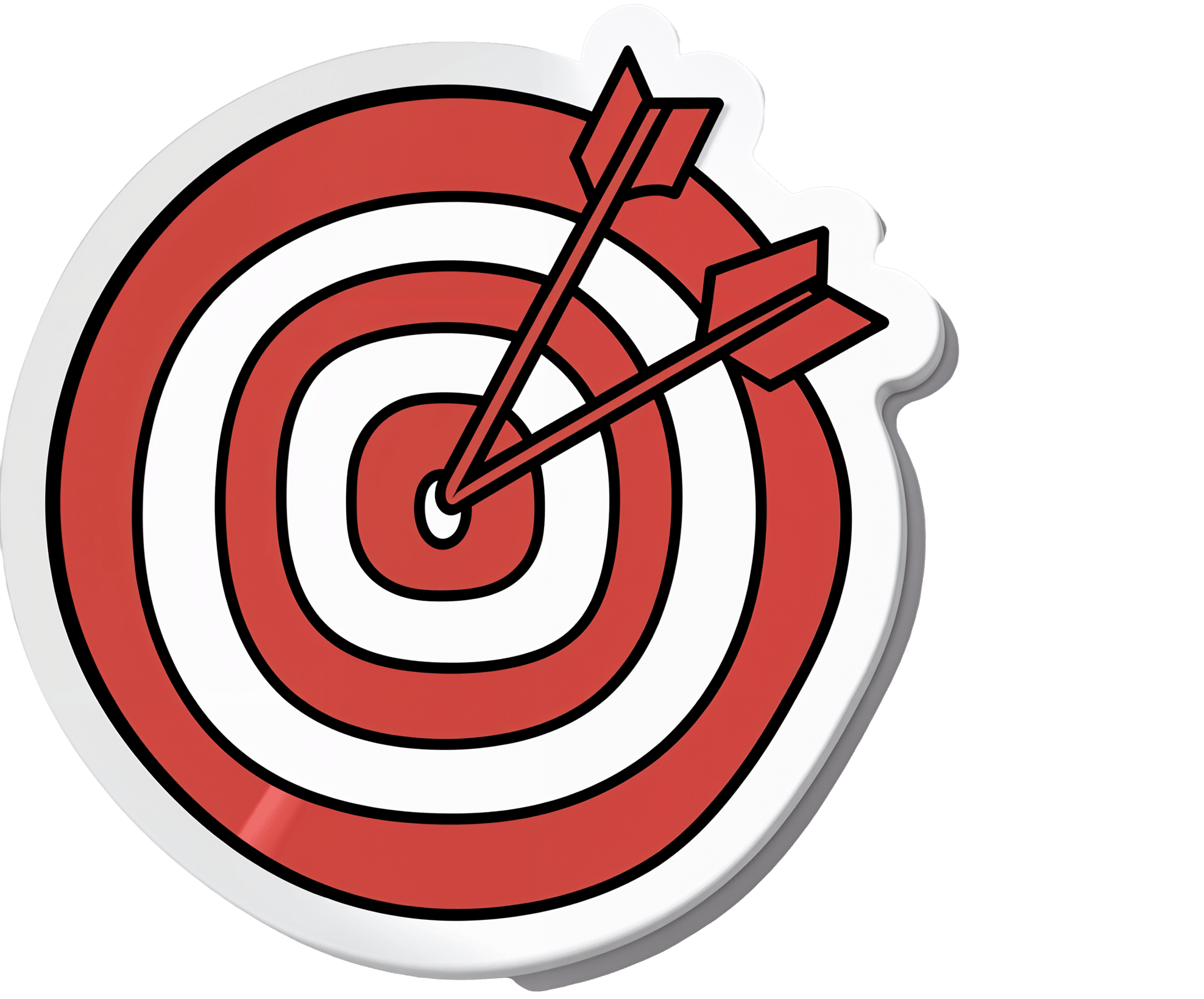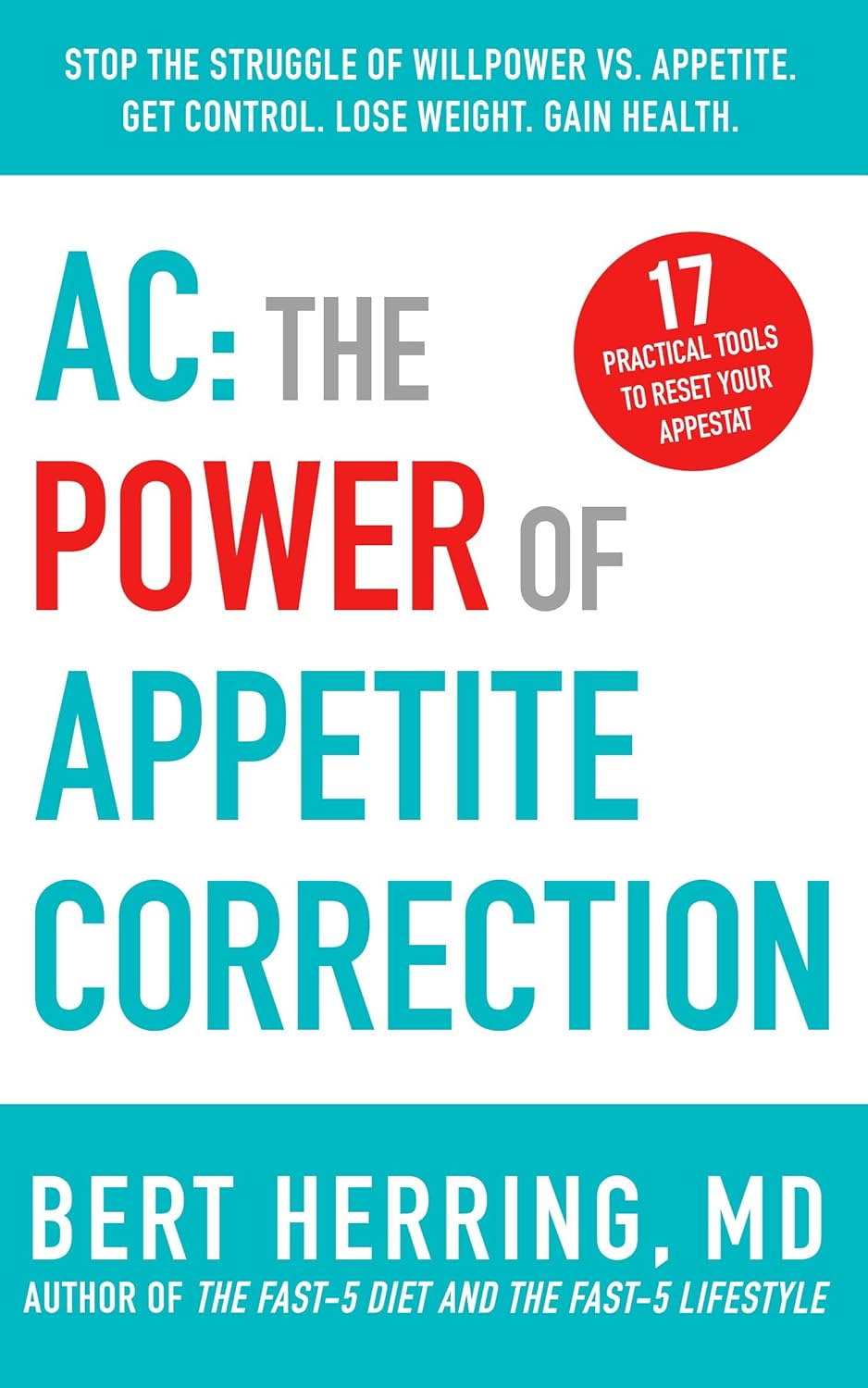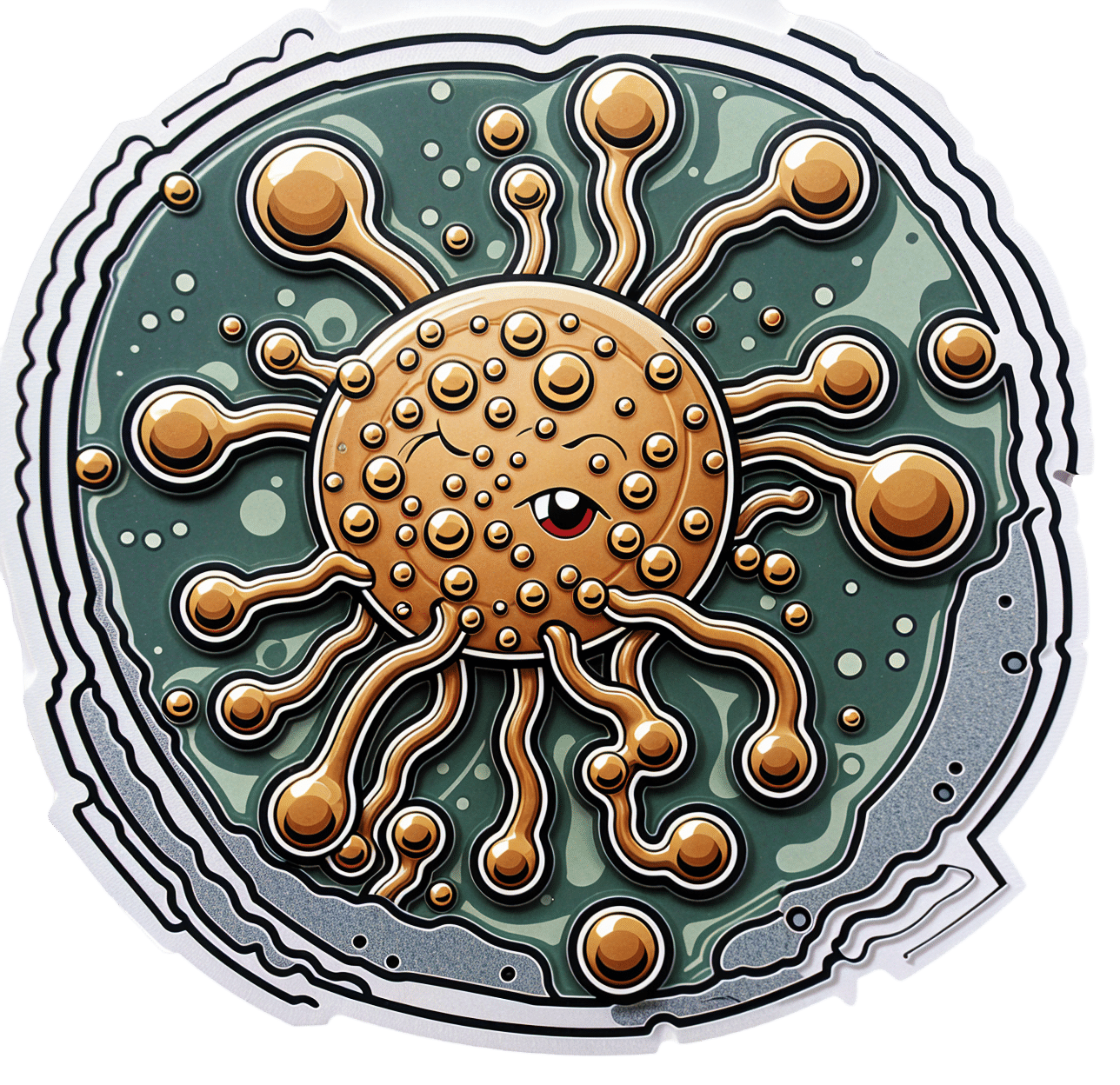
Meningitis Outbreak
10almonds is reader-supported. We may, at no cost to you, receive a portion of sales if you purchase a product through a link in this article.
Don’t Let Your Guard Down
In the US, meningitis is currently enjoying a 10-year high, with its highest levels of infection since 2014.
This is a big deal, given the 10–15% fatality rate of meningitis, even with appropriate medical treatment.
But of course, not everyone gets appropriate medical treatment, especially because symptoms can become life-threatening in a matter of hours.
Most recent stats gave an 18% fatality rate for the cases with known outcomes in the last year:
CDC Emergency | Increase in Invasive Serogroup Y Meningococcal Disease in the United States
The quick facts:
❝Meningococcal disease most often presents as meningitis, with symptoms that may include fever, headache, stiff neck, nausea, vomiting, photophobia, or altered mental status.
[It can also present] as meningococcal bloodstream infection, with symptoms that may include fever and chills, fatigue, vomiting, cold hands and feet, severe aches and pains, rapid breathing, diarrhea, or, in later stages, a dark purple rash.
While initial symptoms of meningococcal disease can at first be non-specific, they worsen rapidly, and the disease can become life-threatening within hours. Immediate antibiotic treatment for meningococcal disease is critical.
Survivors may experience long-term effects such as deafness or amputations of the extremities.❞
~ Ibid.
The good news (but still don’t let your guard down)
Meningococcal bacteria are, happily, not spread as easily as cold and flu viruses.
The greatest risks come from:
- Close and enduring proximity (e.g. living together)
- Oral, or close-to-oral, contact (e.g. kissing, or coughing nearby)
Read more:
CDC | Meningococcal Disease: Causes & How It Spreads
Is there a vaccine?
There is, but it’s usually only offered to those most at risk, which is usually:
- Children
- Immunocompromised people, especially if HIV+
- People taking certain medications (e.g. Solaris or Ultomiris)
Read more:
CDC | Meningococcal Vaccine Recommendations
Will taking immune-boosting supplements help?
Honestly, probably not, but they won’t harm either. The most important thing is: don’t rely on them—too many people pop a vitamin C supplement and then assume they are immune to everything, and it doesn’t work like that.
On a tangential note, for more general immune health, you might also want to check out:
Beyond Supplements: The Real Immune-Boosters!
The short version:
If you or someone you know experiences the above-mentioned symptoms, even if it does not seem too bad, get thee/them to a doctor, and quickly, because the (very short) clock may be ticking already.
Better safe than sorry.
Don’t Forget…
Did you arrive here from our newsletter? Don’t forget to return to the email to continue learning!
Recommended
Learn to Age Gracefully
Join the 98k+ American women taking control of their health & aging with our 100% free (and fun!) daily emails:
-
More Salt, Not Less?
10almonds is reader-supported. We may, at no cost to you, receive a portion of sales if you purchase a product through a link in this article.
It’s Q&A Day at 10almonds!
Have a question or a request? We love to hear from you!
In cases where we’ve already covered something, we might link to what we wrote before, but will always be happy to revisit any of our topics again in the future too—there’s always more to say!
As ever: if the question/request can be answered briefly, we’ll do it here in our Q&A Thursday edition. If not, we’ll make a main feature of it shortly afterwards!
So, no question/request too big or small
❝I’m curious about the salt part – learning about LMNT and what they say about us needing more salt than what’s recommended by the government, would you mind looking into that? From a personal experience, I definitely noticed a massive positive difference during my 3-5 day water fasts when I added salt to my water compared to when I just drank water. So I’m curious what the actual range for salt intake is that we should be aiming for.❞
That’s a fascinating question, and we’ll have to tackle it in several parts:
When fasting
3–5 days is a long time to take only water; we’re sure you know most people fast from food for much less time than that. Nevertheless, when fasting, the body needs more water than usual—because of the increase in metabolism due to freeing up bodily resources for cellular maintenance. Water is necessary when replacing cells (most of which are mostly water, by mass), and for ferrying nutrients around the body—as well as escorting unwanted substances out of the body.
Normally, the body’s natural osmoregulatory process handles this, balancing water with salts of various kinds, to maintain homeostasis.
However, it can only do that if it has the requisite parts (e.g. water and salts), and if you’re fasting from food, you’re not replenishing lost salts unless you supplement.
Normally, monitoring our salt intake can be a bit of a guessing game, but when fasting for an entire day, it’s clear how much salt we consumed in our food that day: zero
So, taking the recommended amount of sodium, which varies but is usually in the 1200–1500mg range (low end if over aged 70+; high end if aged under 50), becomes sensible.
More detail: How Much Sodium You Need Per Day
See also, on a related note:
When To Take Electrolytes (And When We Shouldn’t!)
When not fasting
Our readers here are probably not “the average person” (since we have a very health-conscious subscriber-base), but the average person in N. America consumes about 9g of salt per day, which is several multiples of the maximum recommended safe amount.
The WHO recommends no more than 5g per day, and the AHA recommends no more than 2.3g per day, and that we should aim for 1.5g per day (this is, you’ll note, consistent with the previous “1200–1500mg range”).
Read more: Massive efforts needed to reduce salt intake and protect lives
Questionable claims
We can’t speak for LMNT (and indeed, had to look them up to discover they are an electrolytes supplement brand), but we can say that sometimes there are articles about such things as “The doctor who says we should eat more salt, not less”, and that’s usually about Dr. James DiNicolantonio, a doctor of pharmacy, who wrote a book that, because of this question today, we’ve now also reviewed:
Spoiler, our review was not favorable.
The body knows
Our kidneys (unless they are diseased or missing) do a full-time job of getting rid of excess things from our blood, and dumping them into one’s urine.
That includes excess sugar (which is how diabetes was originally diagnosed) and excess salt. In both cases, they can only process so much, but they do their best.
Dr. DiNicolantino recognizes this in his book, but chalks it up to “if we do take too much salt, we’ll just pass it in urine, so no big deal”.
Unfortunately, this assumes that our kidneys have infinite operating capacity, and they’re good, but they’re not that good. They can only filter so much per hour (it’s about 1 liter of fluids). Remember we have about 5 liters of blood, consume 2–3 liters of water per day, and depending on our diet, several more liters of water in food (easy to consume several more liters of water in food if one eats fruit, let alone soups and stews etc), and when things arrive in our body, the body gets to work on them right away, because it doesn’t know how much time it’s going to have to get it done, before the next intake comes.
It is reasonable to believe that if we needed 8–10g of salt per day, as Dr. DiNicolantonio claims, our kidneys would not start dumping once we hit much, much lower levels in our blood (lower even than the daily recommended intake, because not all of the salt in our body is in our blood, obviously).
See also: How Too Much Salt Can Lead To Organ Failure
Lastly, a note about high blood pressure
This is one where the “salt’s not the bad guy” crowd have at least something close to a point, because while salt is indeed still a bad guy (if taken above the recommended amounts, without good medical reason), when it comes to high blood pressure specifically, it’s not the worst bad guy, nor is it even in the top 5:
Hypertension: Factors Far More Relevant Than Salt
Thanks for writing in with such an interesting question!
Share This Post
-
How they did it: STAT reporters expose how ailing seniors suffer when Medicare Advantage plans use algorithms to deny care
10almonds is reader-supported. We may, at no cost to you, receive a portion of sales if you purchase a product through a link in this article.
In a call with a long-time source, what stood out most to STAT reporters Bob Herman and Casey Ross was just how viscerally frustrated and angry the source was about an algorithm used by insurance companies to decide how long patients should stay in a nursing home or rehab facility before being sent home.
The STAT stories had a far-reaching impact:
- The U.S. Senate Committee on Homeland Security and Government Affairs took a rare step of launching a formal investigation into the use of algorithms by the country’s three largest Medicare Advantage insurers.
- Thirty-two House members urged the Centers for Medicare and Medicaid Services to increase the oversight of algorithms that health insurers use to make coverage decisions.
- In a rare step, CMS launched its own investigation into UnitedHealth. It also stiffened its regulations on the use of proprietary algorithms and introduced plans to audit denials across Medicare Advantage plans in 2024.
- Based on STAT’s reporting, Medicare Advantage beneficiaries filed two class-action lawsuits against UnitedHealth and its NaviHealth subsidiary, the maker of the algorithm, and against Humana, another major health insurance company that was also using the algorithm.
- Amid scrutiny, UnitedHealth renamed NaviHealth.
The companies never allowed an on-the-record interview with their executives, but they acknowledged that STAT’s reporting was true, according to the news organization.
Ross and Herman spoke with The Journalist’s Resource about their project and shared the following eight tips.
1. Search public comments on proposed federal rules to find sources.
Herman and Ross knew that the Centers for Medicare and Medicaid Services had put out a request for public comments, asking stakeholders within the Medicare Advantage industry how the system could improve.
There are two main ways to get Medicare coverage: original Medicare, which is a fee-for-service health plan, and Medicare Advantage, which is a type of Medicare health plan offered by private insurance companies that contract with Medicare. Medicare Advantage plans have increasingly become popular in recent years.
Under the Social Security Act, the public has the opportunity to submit comments on Medicare’s proposed national coverage determinations. CMS uses public comments to inform its proposed and final decisions. It responds in detail to all public comments when issuing a final decision.
The reporters began combing through hundreds of public comments attached to a proposed Medicare Advantage rule that was undergoing federal review. NaviHealth, the UnitedHealth subsidiary and the maker of the algorithm, came up in many of the comments, which include the submitters’ information.
“These are screaming all-caps comments to federal regulators about YOU NEED TO SOMETHING ABOUT THIS BECAUSE IT’S DISGUSTING,” Ross says.
“The federal government is proposing rules and regulations all the time,” adds Herman, STAT’s business of health care reporter. “If someone’s going to take the time and effort to comment on them, they must have at least some knowledge of what’s going on. It’s just a great tool for any journalist to use to figure out more and who to contact.”
The reporters also found several attorneys who had complained in the comments. They began reaching out to them, eventually gaining access to confidential documents and intermediaries who put them in touch with patients to show the human impact of the algorithm.
2. Harness the power of the reader submission box.
At the suggestion of an editor, the reporters added a reader submission box at the bottom of their first story, asking them to share their own experiences with Medicare Advantage denials.
The floodgates opened. Hundreds of submissions arrived.
By the end of their first story, Herman and Ross had confidential records and some patients, but they had no internal sources in the companies they were investigating, including Navihealth. The submission box led them to their first internal source.
(Screenshot of STAT’s submission box.) The journalists also combed through LinkedIn and reached out to former and current employees, but the response rate was much lower than what they received via the submission box.
The submission box “is just right there,” Herman says. “People who would want to reach out to us can do it right then and there after they read the story and it’s fresh in their minds.”
3. Mine podcasts relevant to your story.
The reporters weren’t sure if they could get interviews with some of the key figures in the story, including Tom Scully, the former head of the Centers for Medicare and Medicaid Services who drew up the initial plans for NaviHealth years before UnitedHealth acquired it.
But Herman and another colleague had written previously about Scully’s private equity firm and they had found a podcast where he talked about his work. So Herman went back to the podcast — where he discovered Scully had also discussed NaviHealth.
The reporters also used the podcast to get Scully on the phone for an interview.
“So we knew we had a good jumping off point there to be like, ‘OK, you’ve talked about NaviHealth on a podcast, let’s talk about this,’” Herman says. “I think that helped make him more willing to speak with us.”
4. When covering AI initiatives, proceed with caution.
“A source of mine once said to me, ‘AI is not magic,’” Ross says. “People need to just ask questions about it because AI has this aura about it that it’s objective, that it’s accurate, that it’s unquestionable, that it never fails. And that is not true.”
AI is not a neutral, objective machine, Ross says. “It’s based on data that’s fed into it and people need to ask questions about that data.”
He suggests several questions to ask about the data behind AI tools:
- Where does the data come from?
- Who does it represent?
- How is this tool being applied?
- Do the people to whom the tool is being applied match the data on which it was trained? “If racial groups or genders or age of economic situations are not adequately represented in the training set, then there can be an awful lot of bias in the output of the tool and how it’s applied,” Ross says.
- How is the tool applied within the institution? Are people being forced to forsake their judgment and their own ability to do their jobs to follow the algorithm?
5. Localize the story.
More than half of all Medicare beneficiaries have Medicare Advantage and there’s a high likelihood that there are multiple Medicare Advantage plans in every county across the nation.
“So it’s worth looking to see how Medicare Advantage plans are growing in your area,” Herman says.
Finding out about AI use will most likely rely on shoe-leather reporting of speaking with providers, nursing homes and rehab facilities, attorneys and patients in your community, he says. Another source is home health agencies, which may be caring for patients who were kicked out of nursing homes and rehab facilities too soon because of a decision by an algorithm.
The anecdote that opens their first story involves a small regional health insurer in Wisconsin, which was using NaviHealth and a contractor to manage post-acute care services, Ross says.
“It’s happening to people in small communities who have no idea that this insurer they’ve signed up with is using this tool made by this other company that operates nationally,” Ross says.
There are also plenty of other companies like NaviHealth that are being used by Medicare Advantage plans, Herman says. “So it’s understanding which Medicare Advantage plans are being sold in your area and then which post-acute management companies they’re using,” he adds.
Some regional insurers have online documents that show which contractors they use to evaluate post-acute care services.
6. Get familiar with Medicare’s appeals databases
Medicare beneficiaries can contest Medicare Advantage denials through a five-stage process, which can last months to years. The appeals can be filed via the Office of Medicare Hearings and Appeals.
“Between 2020 and 2022, the number of appeals filed to contest Medicare Advantage denials shot up 58%, with nearly 150,000 requests to review a denial filed in 2022, according to a federal database,” Ross and Herman write in their first story. “Federal records show most denials for skilled nursing care are eventually overturned, either by the plan itself or an independent body that adjudicates Medicare appeals.”
There are several sources to find appeals data. Be mindful that the cases themselves are not public to protect patient privacy, but you can find the number of appeals filed and the rationale for decisions.
CMS has two quality improvement organizations, or QIOs, Livanta and Kepro, which are required to file free, publicly-available annual reports, about the cases they handle, Ross says.
Another company, Maximus, a Quality Improvement Contractor, also files reports on prior authorization cases it adjudicates for Medicare. The free annual reports include data on raw numbers of cases and basic information about the percentage denials either overturned or upheld on appeal, Ross explains.
CMS also maintains its own database on appeals for Medicare Part C (Medicare Advantage plans) and Part D, which covers prescription drugs, although the data is not complete, Ross explains.
7. Give your editor regular updates.
“Sprinkle the breadcrumbs in front of your editors,” Ross says.
“If you wrap your editors in the process, you’re more likely to be able to get to the end of [the story] before they say, ‘That’s it! Give me your copy,’” Ross says.
8. Get that first story out.
“You don’t have to know everything before you write that first story,” Ross says. “Because with that first story, if it has credibility and it resonates with people, sources will come forward and sources will continue to come forward.”
Read the stories
Denied by AI: How Medicare Advantage plans use algorithms to cut off care for seniors in need
UnitedHealth pushed employees to follow an algorithm to cut off Medicare patients’ rehab care
UnitedHealth used secret rules to restrict rehab care for seriously ill Medicare Advantage patients
This article first appeared on The Journalist’s Resource and is republished here under a Creative Commons license.
Share This Post
-
Who Will Take Care of Me When I’m Old? – by Joy Loverde
10almonds is reader-supported. We may, at no cost to you, receive a portion of sales if you purchase a product through a link in this article.
Regular readers of 10almonds will know we’ve written before about how isolation kills (in numerous ways), and this book tackles that in much greater length and depth than we ever have room for here.
Specifically, she talks about preparing for medical and related (financial, living will in case of dementia, housing, etc) considerations down the line, with checklists and worksheets and such to make it easy, and help you make sure it actually gets done.
She also talks about creating a support network, from scratch if necessary (“foraging a family”), so that even if you will now be prepared to handle things alone, you’ll become a lot less likely to need to do so.
Unlike many books of this genre, she also covers managing your mortality; that “just shoot me” is not a plan, and what lessons can be learned from the dying to make our own last years the best they can be.
The style is upbeat and positive in outlook; less “prepare for doom” and more “get ready to do things right”, and it’s worth mentioning that the format is particularly helpful, outlining objectives towards the beginning of each chapter, and additional resources at the end of each chapter.
Over on Amazon, most of the reviews that contain any criticism are some manner of “I’m in my 70s and wish I had read this sooner”. Still, better late than never.
Bottom line: if you do not have an overabundance of support network around you, then this is an important book to read and to put into action.
Share This Post
Related Posts
-
These Top Few Things Make The Biggest Difference To Health
10almonds is reader-supported. We may, at no cost to you, receive a portion of sales if you purchase a product through a link in this article.
The Best Few Interventions For The Best Health
Writer’s note: I was going to do something completely different for today (so that can go out another week now), but when reflecting on my own “what should I focus on in the new year?” (in terms of my own personal health goals and such) it occured to me that I should look back on the year’s articles, to take our own advice myself, and see what most important things I should make sure to focus on.
In so doing for myself, it occured to me that you, our subscribers who like condensed information and simple interventions for big positive effects, might also find value in a similar once-over. And so, today’s main feature was born!
Sometimes at 10almonds we talk about “those five things that affect everything”. They are:
- Good diet
- Good exercise
- Good sleep
- Not drinking
- Not smoking
If we were to add a sixth in terms of things that make a huge difference, it would be “manage stress effectively” and a seventh, beyond the scope of our newsletter, would be “don’t be socioeconomically disadvantaged” (e.g. poor, and/or part of some disprivileged minority group).
But as for those five we listed, it still leaves the question: what are the few most effective things we can do to improve them? Where can we invest our time/energy/effort for greatest effect?
Good diet
Best current science consistently recommends the Mediterranean Diet:
The Mediterranean Diet: What Is It Good For?
But it can be tweaked for specific desired health considerations:
Four Ways To Upgrade The Mediterranean Diet
Other most-effective dietary tweaks that impact a lot of other areas of health include looking after your gut health and looking after your blood sugars:
Making Friends With Your Gut (You Can Thank Us Later)
and
“Let Them Eat Cake”, She Said (10 Ways To Balance Blood Sugars)
Good exercise
Most exercise is good, but two of the most beneficial things that are (for most people) easy to implement are walking, and High-Intensity Interval Training:
How To Do HIIT (Without Wrecking Your Body)
Good sleep
This means quality and quantity! We cannot skimp on either and expect good health:
Why You Probably Need More Sleep
and as for quality,
The Head-To-Head Of Google and Apple’s Top Apps For Getting Your Head Down
Not drinking
According to the World Health Organization, the only safe amount of alcohol is zero.
See also:
Can We Drink To Good Health? (e.g. Red Wine & Heart Health)
and
Not smoking
We haven’t done a main feature on this! It’s probably not really necessary, as it’s not very contentious to say “smoking is bad for everything”.
WHO | Tobacco kills up to half its users who don’t quit
However, as a side-note, while cannabis is generally recognised as not as harmful as tobacco-based products, it has some fairly major drawbacks too. For some people, the benefits (e.g. pain relief) may outweigh the risks, though:
Final thoughts
Not sure where to start? We suggest this order of priorities, unless you have a major health condition that makes something else a higher priority:
- If you smoke, stop
- If you drink, reduce, or ideally stop
- Improve your diet
About that diet…
- Worry less about what to exclude, and instead focus on adding more variety of fruit/veg
- See also: Level-Up Your Fiber Intake! (Without Difficulty Or Discomfort)
- That said, if you’re looking for things to cut, sugar is a top candidate (and red meat is in clear second place albeit some way below)
When it comes to exercise, get your 10,000 daily steps in (actually, science says 8,000 steps is fine), and consider adding HIIT per our above article, when you feel like adding that in. As for that about the steps:
When it comes to sleep, if you’re taking care of the above things, and set a regular early wake-up time that you do not deviate from, then this will probably take care of itself, if you don’t have a sleep-inconvenient lifestyle (e.g. shift work, just had a baby, etc) or a sleep disorder.
For further pointers, see: 10 Tips for Better Sleep: Starting In The Morning
Take care!
Don’t Forget…
Did you arrive here from our newsletter? Don’t forget to return to the email to continue learning!
Learn to Age Gracefully
Join the 98k+ American women taking control of their health & aging with our 100% free (and fun!) daily emails:
-
Cordyceps: Friend Or Foe?
10almonds is reader-supported. We may, at no cost to you, receive a portion of sales if you purchase a product through a link in this article.
Cordyceps: friend or foe?
Cordyceps is a famously frightening fungus. It’s the one responsible for “zombie ants” and other zombie creatures, and it’s the basis for the existential threat to humanity in the TV show The Last of Us.
It’s a parasitic fungus that controls the central and peripheral nervous systems of its host, slowly replacing the host’s body, as well as growing distinctive spines that erupt out of the host’s body. Taking over motor functions, it compels the host to do two main things, which are to eat more food, and climb to a position that will be good to release spores from.
Fortunately, none of that matters to humans. Cordyceps does not (unlike in the TV show) affect humans that way.
What does Cordyceps do in humans?
Cordyceps (in various strains) is enjoyed as a health supplement, based on a long history of use in Traditional Chinese Medicine, and nowadays it’s coming under a scientific spotlight too.
The main health claims for it are:
- Against inflammation
- Against aging
- Against cancer
- For blood sugar management
- For heart health
- For exercise performance
Sounds great! What does the science say?
There’s a lot more science for the first three (which are all closely related to each other, and often overlapping in mechanism and effect).
So let’s take a look:
Against inflammation
The science looks promising for this, but studies so far have either been in vitro (cell cultures in petri dishes), or else murine in vivo (mouse studies), for example:
- Anti-inflammatory effects of Cordyceps mycelium in murine macrophages
- Cordyceps sinensis as an immunomodulatory agent
- Immunomodulatory functions of extracts from Cordyceps cicadae
- Cordyceps pruinosa inhibits in vitro and in vivo inflammatory mediators
In summary: we can see that it has anti-inflammatory properties for mice and in the lab; we’d love to see the results of studies done on humans, though. Also, while it has anti-inflammatory properties, it performed less well than commonly-prescribed anti-inflammatory drugs, for example:
❝C. militaris can modulate airway inflammation in asthma, but it is less effective than prednisolone or montelukast.❞
Against aging
Because examining the anti-aging effects of a substance requires measuring lifespans and repeating the experiment, anti-aging studies do not tend to be done on humans, because they would take lifetimes to perform. To this end, it’s inconvenient, but not a criticism of Cordyceps, that studies have been either mouse studies (short lifespan, mammals like us) or fruit fly studies (very short lifespan, genetically surprisingly similar to us).
The studies have had positive results, with typical lifespan extensions of 15–20%:
- The lifespan-extending effect of Cordyceps sinensis in normal mice
- Cordyceps sinensis oral liquid prolongs the lifespan of the fruit fly, Drosophila melanogaster
- Anti-aging activity of polysaccharides from Cordyceps militaris
- Anti-aging effect of Cordyceps sinensis extract
Against cancer
Once again, the studies here have been in vitro, or murine in vivo. They do look good though:
In vitro (human cell cultures in a lab):
In vivo (mouse studies):
Summary of these is: Cordyceps quite reliably inhibits tumor growth in vitro (human cell cultures) and in vivo (mouse studies). However, trials in human cancer patients are so far conspicuous by their absence.
For blood sugar management
Cordyceps appears to mimic the action of insulin, without triggering insulin sensitivity. For example:
The anti-hyperglycemic activity of the fruiting body of Cordyceps in diabetic rats
There were some other rat/mouse studies with similar results. No studies in humans yet.
For heart health
Cordyceps contains adenosine. You may remember that caffeine owes part of its stimulant effect to blocking adenosine, the hormone that makes us feel sleepy. So in this way, Cordyceps partially does the opposite of what caffeine does, and may be useful against arrhythmia:
Cardiovascular protection of Cordyceps sinensis act partially via adenosine receptors
For exercise performance
A small (30 elderly participants) study found that Cordyceps supplementation improved VO2 max by 7% over the course of six weeks:
However, another small study (22 young athletes) failed to reproduce those results:
Cordyceps Sinensis supplementation does not improve endurance exercise performance
In summary…
Cordyceps almost certainly has anti-inflammation, anti-aging, and anti-cancer benefits.
Cordyceps may have other benefits too, but the evidence is thinner on the ground for those, so far.
Don’t Forget…
Did you arrive here from our newsletter? Don’t forget to return to the email to continue learning!
Learn to Age Gracefully
Join the 98k+ American women taking control of their health & aging with our 100% free (and fun!) daily emails:
-
AC: The Power of Appetite Correction – by Dr. Bert Herring
10almonds is reader-supported. We may, at no cost to you, receive a portion of sales if you purchase a product through a link in this article.
“Appetite Correction” is an intriguing concept, and so it intrigued us sufficiently to read this book. So what’s it about?
It’s about modifying our response to hunger, and treating it as a messenger to whom we may say “thank you for your opinion” and then do as we already planned to do. And what is that?
Simply, this book is about intermittent fasting, specifically, 19:5 fasting, i.e., fast for 19 hours and eat during a 5hr window each day (the author proposes 5pm–10pm, but honestly, go with what works for you).
During the fasting period, drinking water, or consuming other non insulin-signalling things (e.g. black coffee, black tea, herbal tea, etc) is fine, but not so much as a bite of anything else (nor calorific drinks, e.g. with milk/cream or sugar in, and certainly not sodas, juices, etc).
During the eating period, the idea is to eat at will without restriction (even unhealthy things, if such is your desire) during those 5 hours, with the exception that one should start with something healthy. In other words, you can line up that take-out if you want, but eat a carrot first to break the fast. Or some nuts. Or whatever, but healthy.
The “appetite correction” part of it comes in with how, after a short adjustment period, you will get used to not suffering from hunger during the fasting period, and during the eating period, you will—paradoxically—be more able to practise moderation in your portions.
Most of the book is given over the dealing with psychological difficulties/objections, as well as some social objections, but he does also explain some of the science at hand too (i.e. how intermittent fasting works, on a physiological level). On which note…
The style is on the very light end of pop-science, and unusually, he doesn’t cite any sources for his claims at all. Now, no science that he claimed struck this reviewer as out of the ordinary, but it would have been nice to see a good few pages of bibliography at the back.
Bottom line: this is a super quick-and-easy read that makes a strong (albeit unsourced) case for intermittent fasting. It’s probably best for someone who would like the benefits and needs some persuading, but who is not very interested in delving into the science beyond being content to understand what is explained and put it into practice.
Click here to check out AC: The Power of Appetite Correction, and get yours where you want it!
Don’t Forget…
Did you arrive here from our newsletter? Don’t forget to return to the email to continue learning!
Learn to Age Gracefully
Join the 98k+ American women taking control of their health & aging with our 100% free (and fun!) daily emails:

